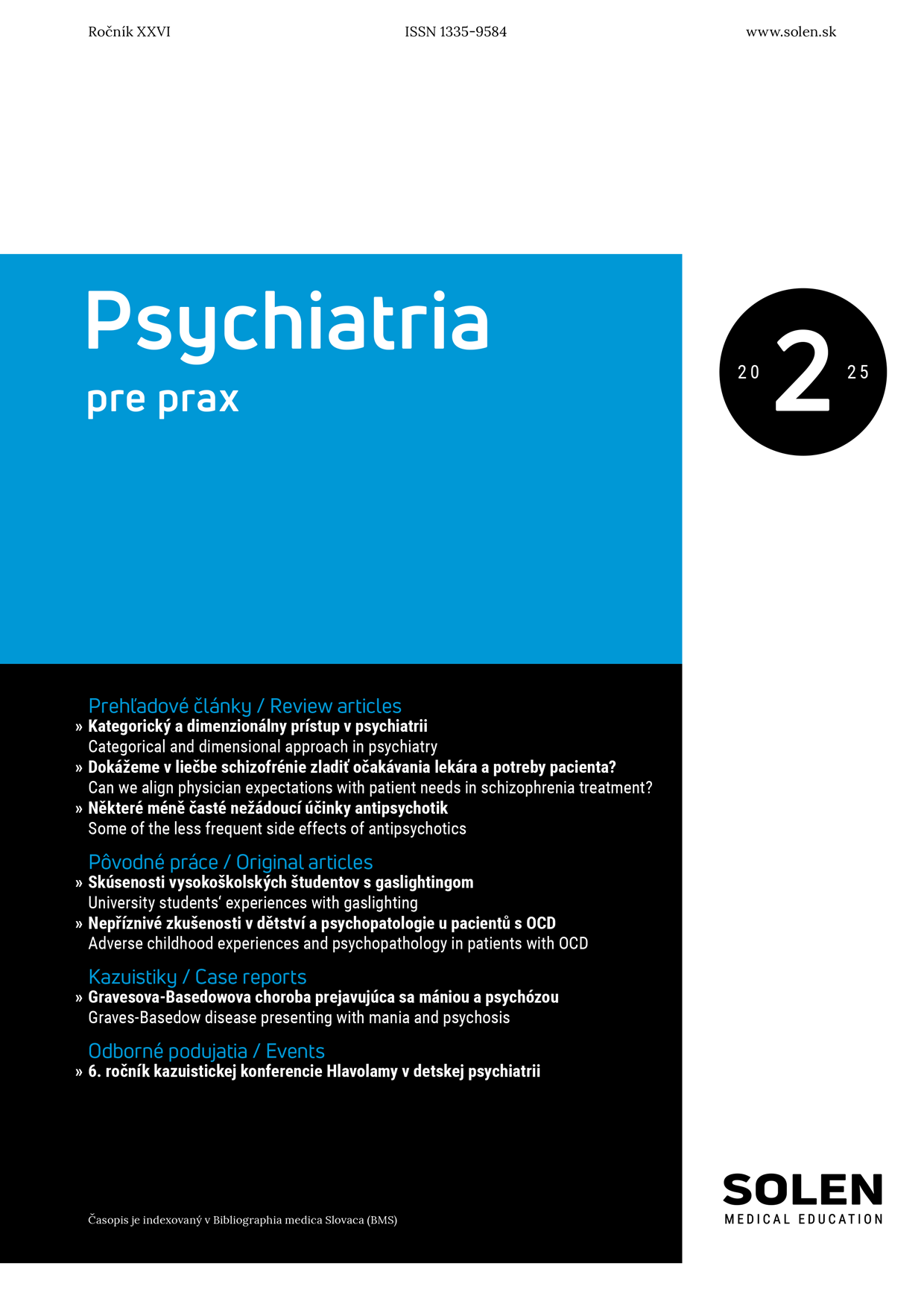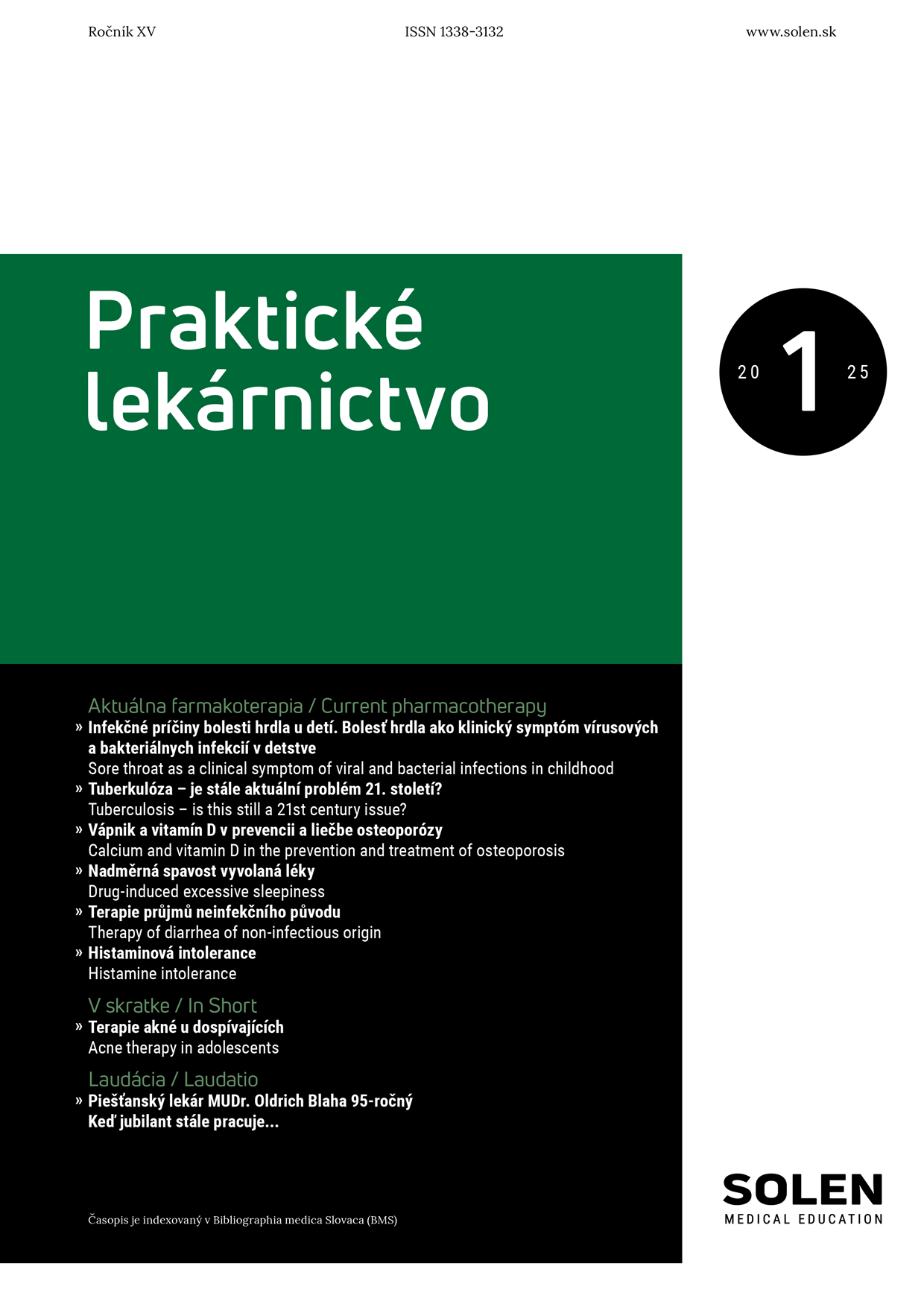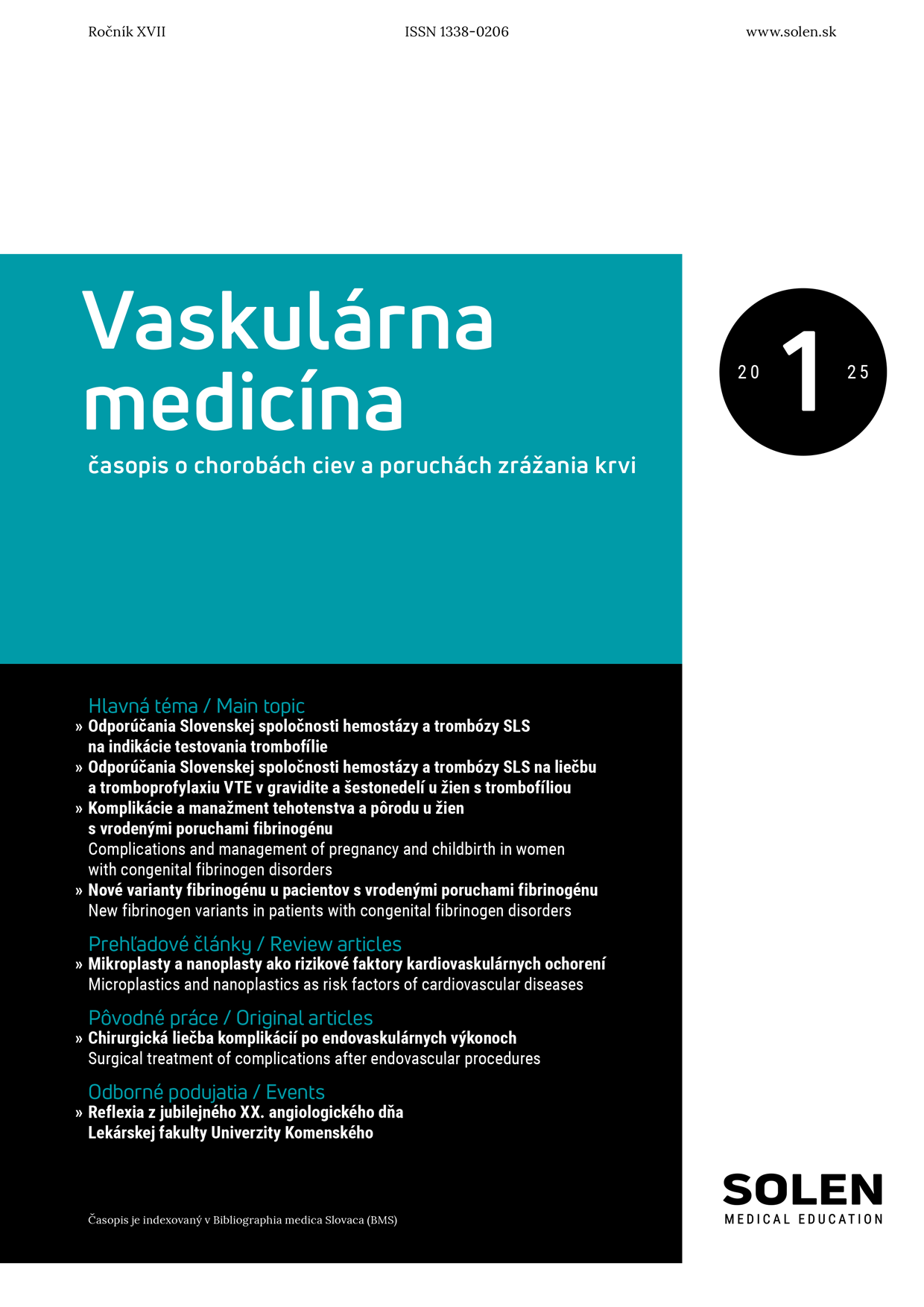Praktické lekárnictvo 3/2017
Profil pacienta liečeného antipsychotikami s rizikovými faktormi vzniku porúch kardiovaskulárneho systému
Mgr. Slavomila Hričáková, Doc. MUDr. Tatiana Stankovičová, CSc.
Kardiovaskulárna morbidita a mortalita u pacientov liečených antipsychotikami sa neustále zvyšuje, nakoľko nie je úplne jasná etiológia schizofrénie a mechanizmus účinku antipsychotík na kardiovaskulárny systém (KVS). Široké spektrum faktorov, od génov až k životnému prostrediu, zodpovedá za vznik kardiovaskulárnych rizík, ktoré môžu viesť ku kardiovaskulárnym komplikáciám a skráteniu dĺžky života u pacientov so schizofréniou (1). Mnohé experimentálne štúdie na molekulovej a bunkovej úrovni preukázali, že podávanie antipsychotík môže ovplyvniť expresiu a funkciu postsynaptických génov a proteínov v závislosti od profilu každej zlúčeniny (2). Tento efekt antipsychotík na proteínovej úrovni vedie k rozvoju metabolických porúch, akými sú inzulínová rezistencia, dyslipidémia a nárast hmotnosti, hypertenzia – komplex porúch jednotne nazývaných metabolický syndróm (MS), ktorý je v poslednom období úzko spätý s liečbou schizofrénie, nakoľko antipsychotiká II. generácie vykazujú zvýšenú incidenciu kardiovaskulárnych komplikácií vedúcich až k mortalite z kardiovaskulárnych príčin.
Kľúčové slová: schizofrénia, antipsychotiká, kardiovaskulárna morbidita
Profile of the patient treated with antipsychotic drugs with risk factors for cardiovascular system disorders
Cardiovascular morbidity, mortality in the patients treated with antipsychotic drugs are increasing, probably related to until etiology of schizophrenia and therefore the mechanism of action of antipsychotic drugs on the cardiovascular system. Wide spectrum factors, from gene to the environment, is responsible for development of cardiovascular risk leading to cardiovascular complications, shorten the life expectancy of the patient with schizophrenia (1). A number of experimental studies on the molecular cellular level have shown that the administration of antipsychotics may influence the expression of gene and functions of postsynaptic proteins, depending on the profile of the receptor of each compound (2). The effect of antipsychotics on the protein level leads to the development of metabolic disorders such as insulin resistance, dyslipidemia, hypertension, weight gain, a complex of symptoms called uniformly metabolic syndrome, which is recently closely linked to the treatment of schizophrenia, since atypical antipsychotics show increased incidence of cardiovascular complications, leading to increasing the mortality from cardiovascular causes.
Keywords: schizophrenia, antipsychotics, cardiovascular morbidity


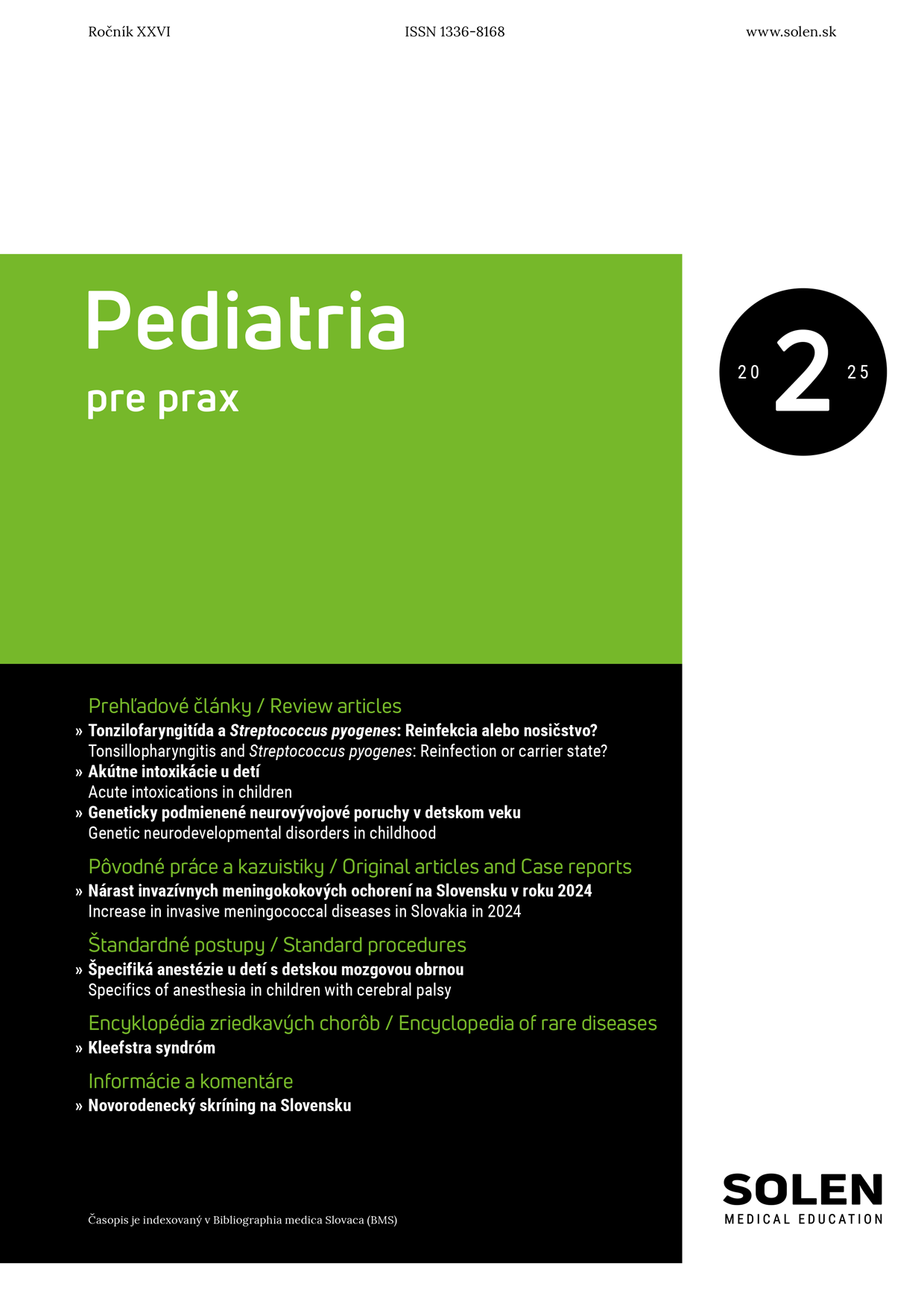
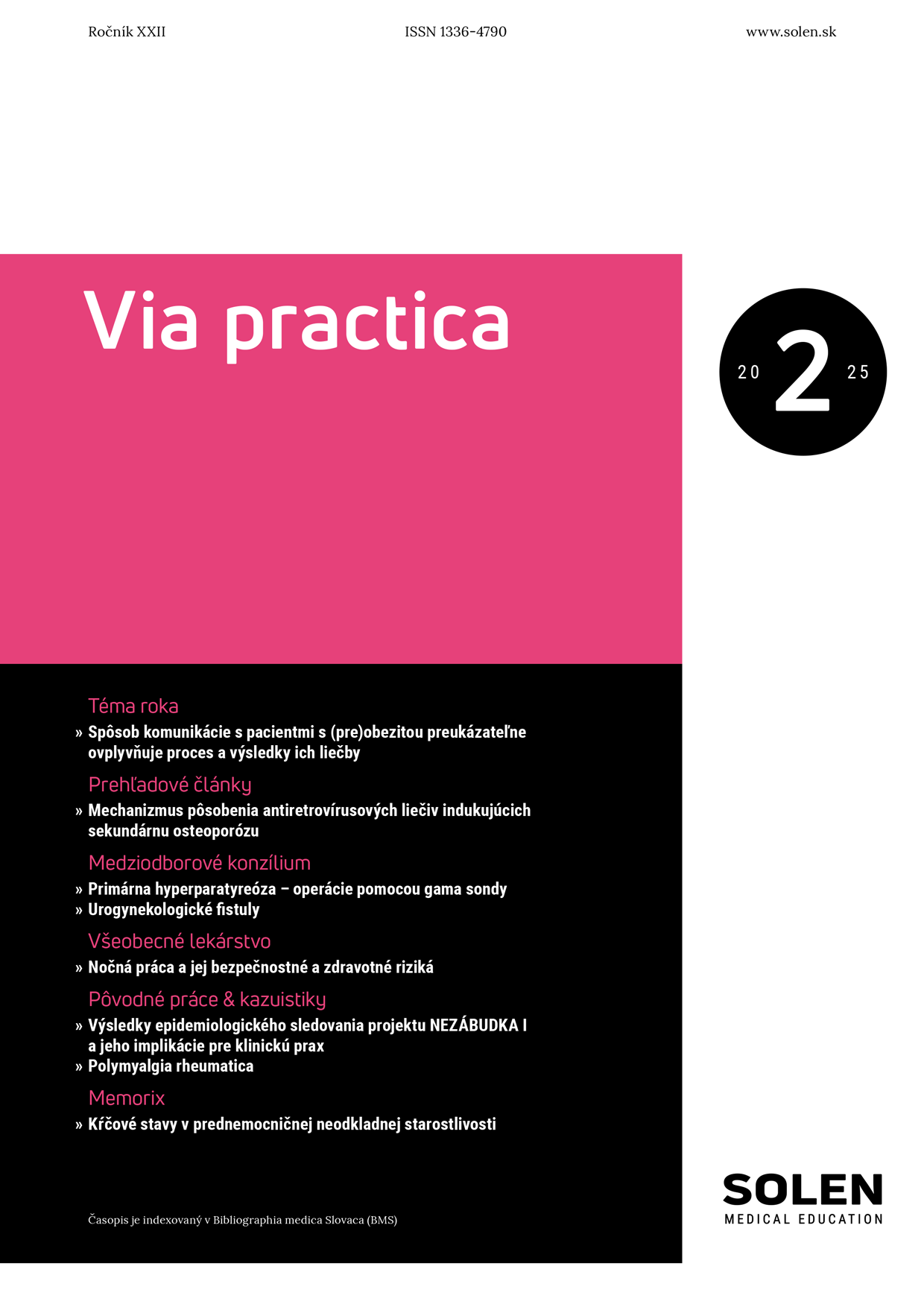
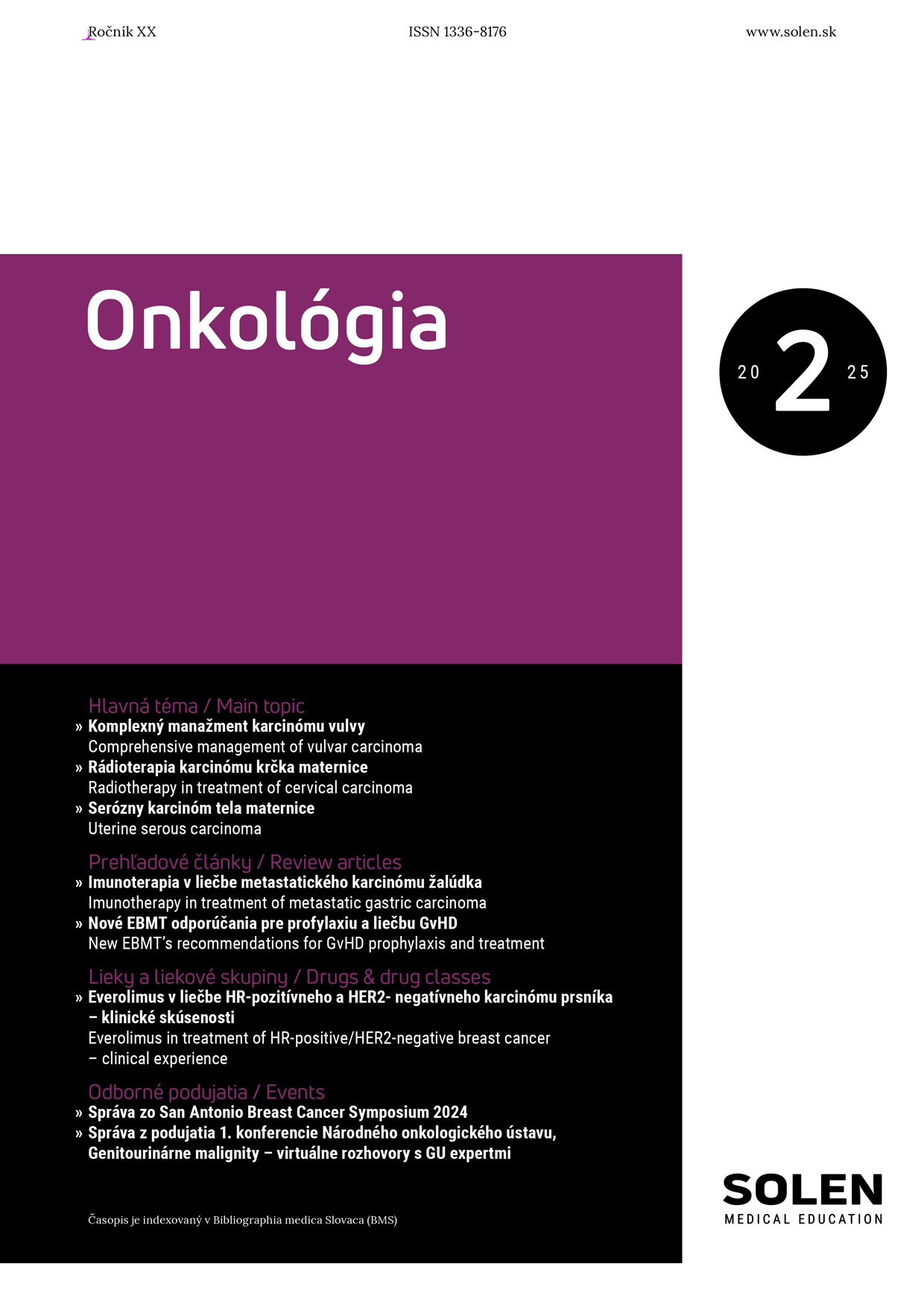
-1.png)
